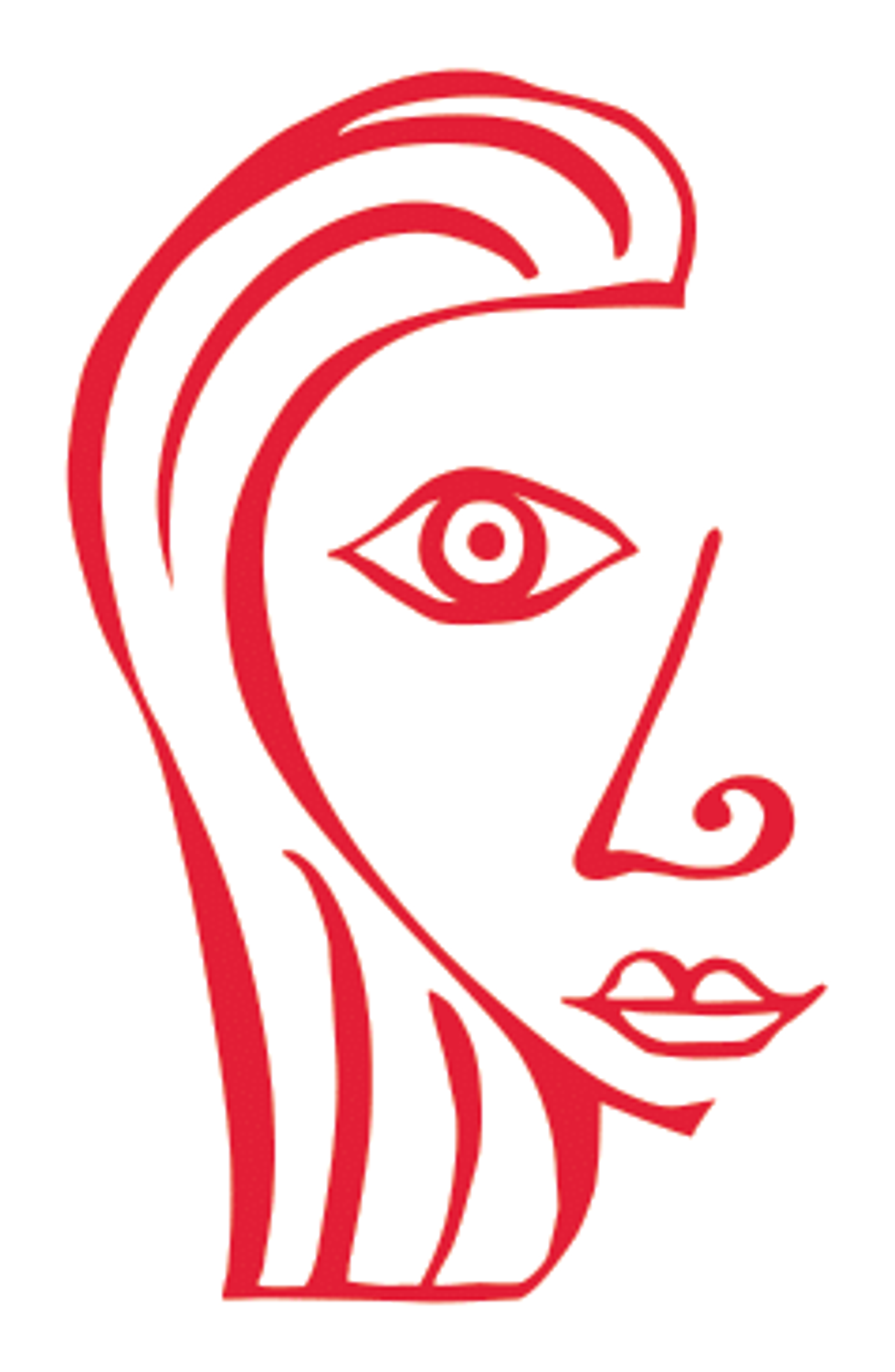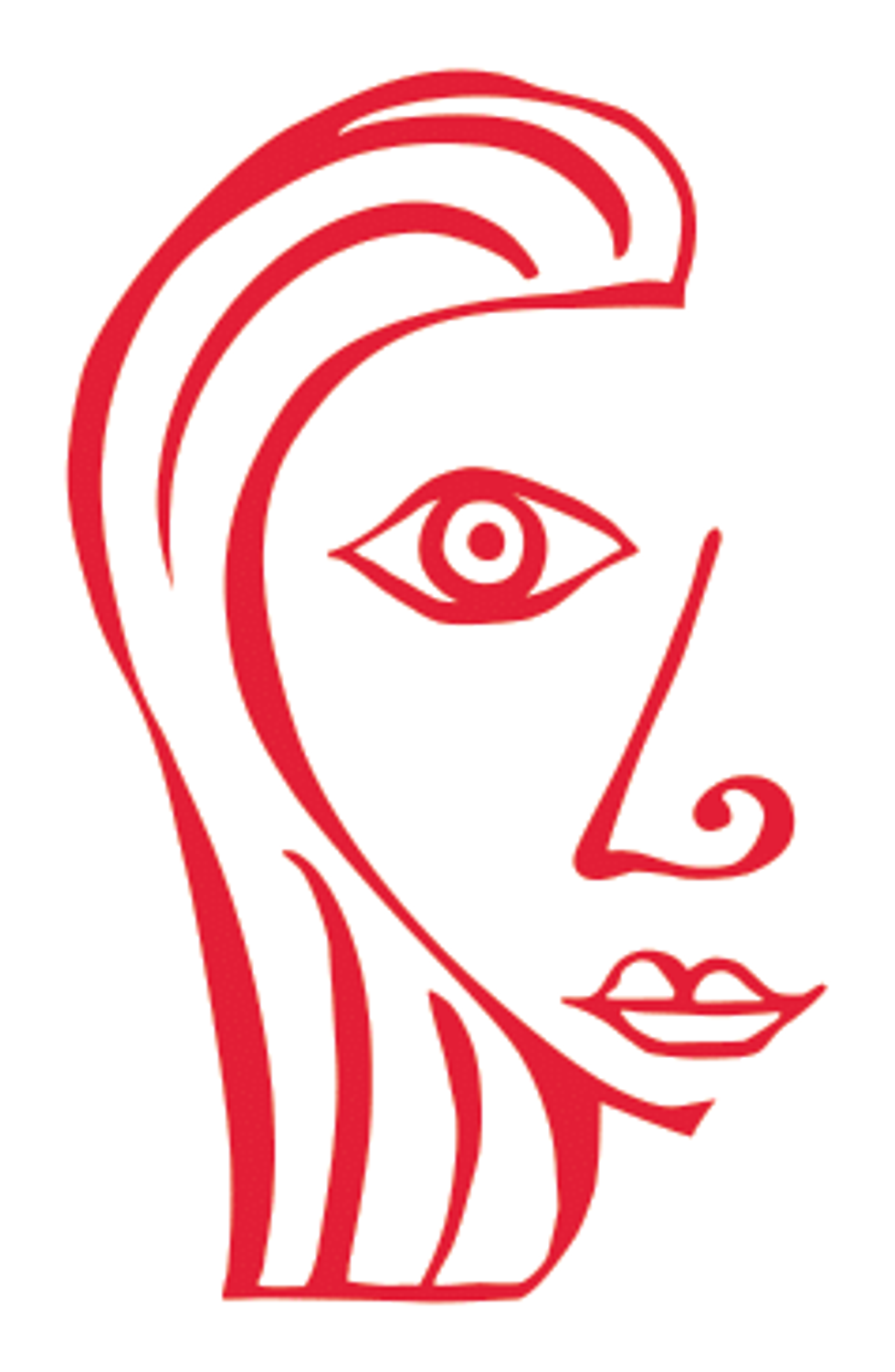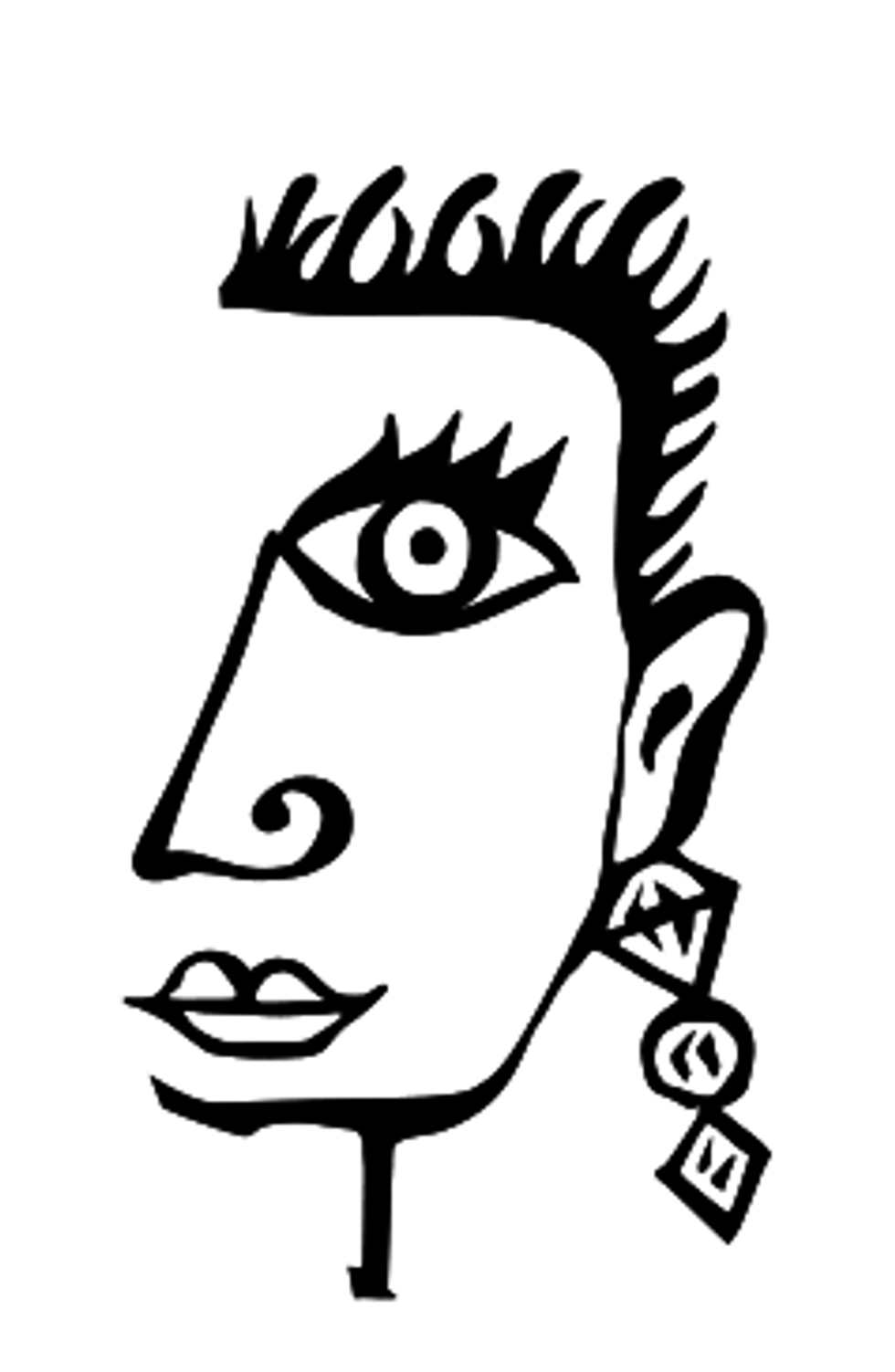What do you think about celebrities admitting to mental health struggles?
| I used to think that when it came to actors or musicians, or really any public figure, I didn't care about their personal lives. (Black will probably take issue with that statement as I make an exception for historical figures, especially those from the Tudor period.) Yes, I know the personal lives of "celebrities" sells magazines and grabs headlines. But for me, it was about their professional work. However, when it comes to sharing stories about their mental health struggles and challenges, I now have a totally different attitude. It's not only brave but a wonderful way to help others. Recently, I heard musician and songwriter, Bebe Rexha, speaking with Gayle King on CBS This Morning, and what resonated with me was how she wished growing up that her favorite artist had talked about mental health. And, I know that Demi Lovato, Glenn Close, and Anderson Cooper, all mental health advocates, are teaming up to do an event later this month. So, I think the more people that can talk openly and honestly about it, the better! | |
| In about sixth grade, a friend of mine, Janet A., was
seriously ill, but no one would talk about what was wrong. I later found out it was "the Big C" because
people back then would not say the word "cancer." Years ago, Red had a miscarriage, but although
she could have used the support, told very few people about it. She would come to learn, years later, that they
are more common than many people realize. Today, you have famous
people openly talking about their miscarriages. The same is happening with mental illness –
with celebrities and athletes (gripping essays)
speaking out. There have always been stigmas associated with mental health issues – just as there used to be with cancer and miscarriages. But we need to bring it out into the open, raise awareness, and not only acknowledge it has hit crisis proportions, but that it can be treated. And, celebrities can help shine a bright light. Not only during May, which is Mental Health Awareness Month, but all year-round. |
March is Women’s History Month, so what better time to reflect on how women can inspire other women to do amazing things? We’re rerunning a Q&A from a few years ago because celebrating women’s accomplishments is worth repeating and rereading … And it shouldn’t happen only in March!
P. S. – Betty White made this list, but how many of these trailblazing women do you recognize?
| Even with two daughters, and a sister who has been a role model for them and other girls (at speaking engagements, girls and boys are always surprised to learn she was the first woman to race the road course at Indianapolis Motor Speedway), it wasn’t until last year that I learned there even was a Women’s History Month. (Which is embarrassing as I claim to love history.) But once I made it a point to not only take notice of stories of women in history, but also women making history (for example, Wally Funk), I realized there are so many inspirational women – you just have to look for their stories. |
|
It is the
21
st Century; we should not need a Women’s History Month to make
sure that we remember and honor all the contributions and accomplishments of women. (And, I will not get into my opinion of the
word "
herstory.”)
But, there are many great ways for us to celebrate. Find stories you find inspirational, and then share them with others. Donate (time or money) to an organization that helps women. Make an effort to support women-owned businesses. Or, maybe something as simple (and as enjoyable) as listening to your favorite female artists and musicians, reading female authors, or watching movies about strong independent women. |
FULL QUESTION: It’s hotter than ever …do you have any tips for looking “nice” during the heat of the summer?
Summers are hotter than ever, but it’s always been a challenge to look put together (forget polished) in August. Especially in the Houston area, so here's an “Ask Red & Black” summer rerun … because some things never go out of style …
|
I'm laughing because I suspect Black would argue that I
rarely look "nice" in the sense that I rarely "dress up". Even before the pandemic, unless I had a Red
& Black business meeting or speaking engagement, my normal "look" was that
of super comfy – workout or very casual clothing and minimal makeup. Here in Texas, where the heat and humidity are
oppressive, I'm always looking for tips because the moment you step outside,
you're going to start sweating, your
makeup will drip, and your hair will either frizz or wilt (neither's
a good look for me). So, I keep my
skincare simple and summer-friendly – extremely lightweight, tinted facial
moisturizer with a high SPF (so I only need a single product) and waterproof
mascara.
I've never been very creative when managing my long hair for the summer, but my daughter let me in on a secret when she straightened my hair for me. Unlike my rushed approach, she took an extra 10 minutes to do it in smaller sections, which looked great when my hair was down but, amazingly, even made my ponytail look "finished". Taking a little more time to do it right makes a huge difference as now my hair stands up to the heat and humidity. (Good news is she's always willing to do it for me, bad news is that she goes to college in a few months, so I'll have to learn how to do it myself.) | |
|
When I started racing cars in the mid-1990s, I cut my hair very
short so I could easily style it with some water and hair goo when I removed my
helmet, which makes it perfect for summer. (Plus, I calculated that I could
save over 10 hours/month, or five full days a year, by not dealing with my
hair.)
In terms of clothing, it is a function of where you are going or where you work (obviously, if you are in the banking industry, you will dress very differently than someone who works for a design or marketing firm). For the last few decades, I have worn the same "uniform" – dark slacks or jeans, white shirt, blazer, and colorful Hermès shawl. In the summer, I select pieces that are light-colored, loose-fitting, and breathable fabrics, but if I had to give one tip, it would be to wear layers since going in and out of air-conditioning can be a challenge, although I see it as a fashion opportunity. In fact, that is how my "signature" shawls started as, regardless of the season, I would always have one with me to handle changes in temperature. |
Is it ok to ask ... When did you first learn about Black History Month?
It’s 2024 … you wouldn’t think there’d be so much controversy over Black history, which makes Black History Month even more important. We loved it when the question below was asked of us two years ago, so we’re rerunning it, but found a new article about little-known facts about Black History Month we found very interesting. Let us know what you think …
|
I’m a little embarrassed to admit that it was only a few
years ago that I learned about February being
Black History Month, and that it was founded to
shine a light on
accomplishments
that might otherwise go unnoticed and unappreciated. I’ve always loved history and wish that I had
been taught more of this in school as I strongly believe that if we all were
exposed to people from different races, ethnicities, religions (comparative
religions was one of my favorite college classes), it would go a long to
helping us appreciate those differences.
Besides history, I love movies, so I love when the combination teaches us something unexpected. For example, one of my favorite movies, Hidden Figures, tells the stories of three amazing Black women who were mathematicians working at NASA in the 1960s who truly broke boundaries, defied expectations, and gave us a window into their lives. |
|
I like to consider myself a lifelong learner and love to
research things that pique my interest or intrigue me, so I was fascinated by
the
history of Black History
Month
, and its evolution from Negro History Week. The initial week was chosen because it included the birthdays of both
Abraham Lincoln
(February 12) and the abolitionist Frederick Douglass (February 14), men who were already celebrated by the Black community, and
who encouraged all Americans to study the little-known history of Blacks.
As an interesting sidenote, Douglass was also a lifelong supporter of women’s rights and died just hours after attending a meeting with suffragists (including his friend Susan B. Anthony). |


 Red
assets.rebelmouse.io
Red
assets.rebelmouse.io
 Black
assets.rebelmouse.io
Black
assets.rebelmouse.io